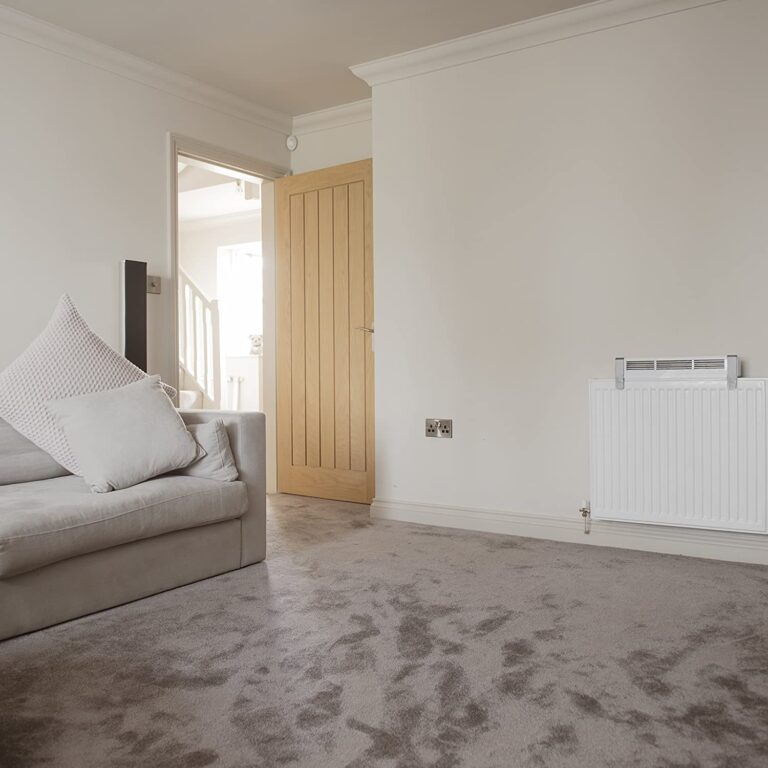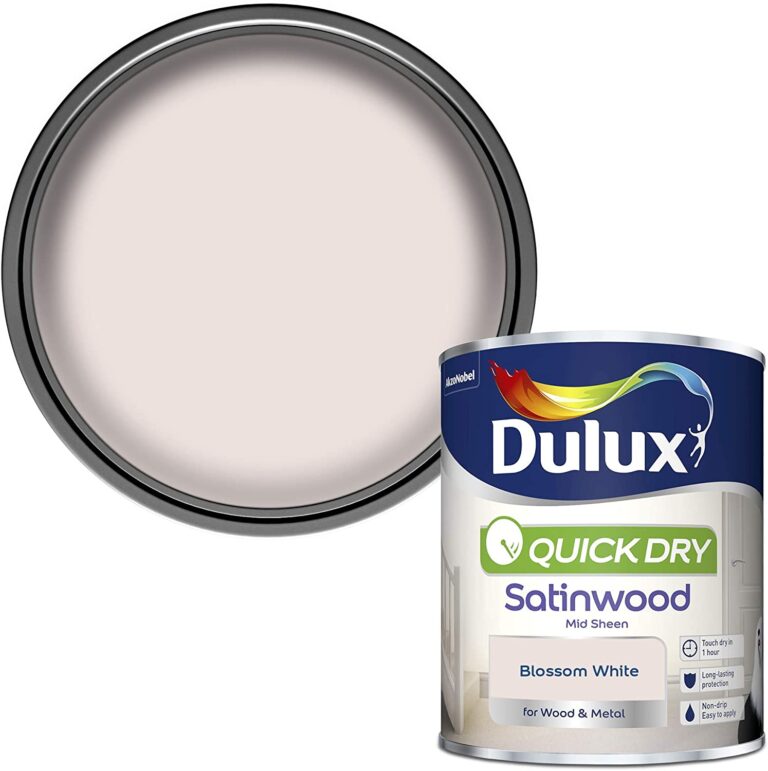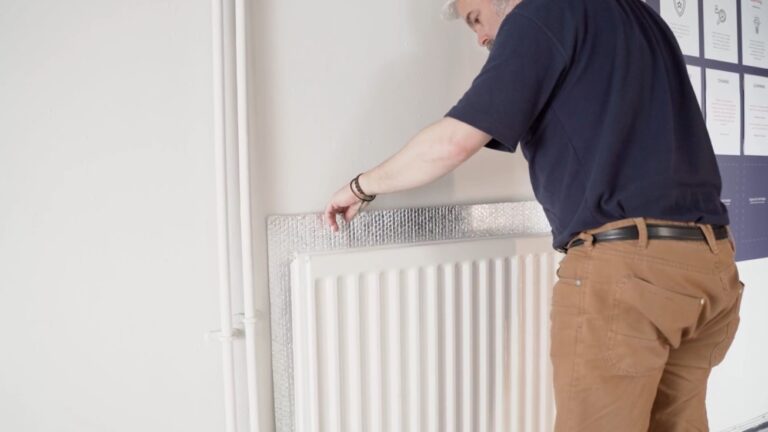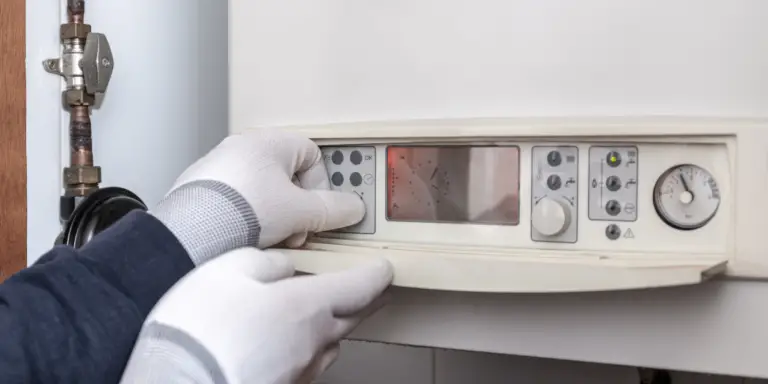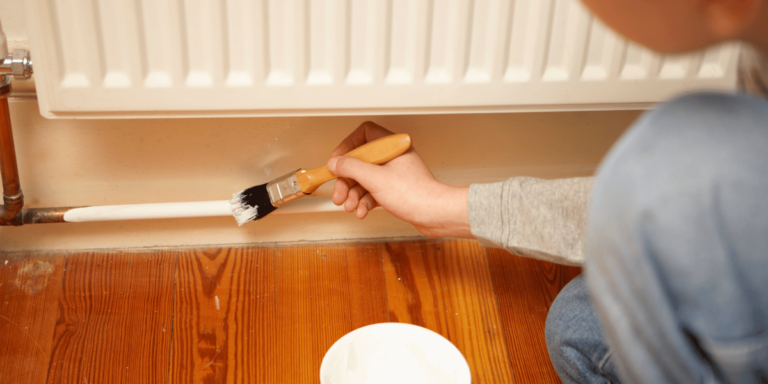Do you find that your radiators are getting hot even when the heating is switched off? This can be a major concern for homeowners, as not only does it waste energy and increase bills, but it also makes your home uncomfortably warm in the summer months.
Don’t worry, though – there are several possible causes for this issue, and in this article, we will explore the reasons behind it and provide some solutions to help you stop wasting energy and money.
Key Takeaways
- One common cause of hot radiators is a stuck diverter valve. This valve is responsible for directing hot water to either the radiators or the taps, depending on which is in use. If it gets stuck in the radiator position, hot water will continue to flow through the radiators even when the heating is off.
- Another possible cause is a faulty check valve, which is responsible for preventing water from flowing backwards through the system. If this valve fails, hot water can flow back into the radiators even when the heating is off.
But don’t worry – we’ll explore these issues in more detail and provide solutions to help you fix them.
Why is the Radiator Hot with No Heating?
If your radiators are getting hot when the heating is off, it’s important to understand the causes. The most likely culprit is a stuck diverter valve or check valve. The diverter valve controls the direction of hot water through the heating system, while the check valve stops the central heating system from staying hot.
If either valve gets stuck in the on, off, or mid position due to sludge, your radiators may get hot when they’re not supposed to. Another cause of hot radiators when the heating is off is the boiler preheating for hot water. The boiler may fire up even when the heating is off to ensure hot water is available when you need it.
Additionally, your bathroom radiator may come on with hot water, even if the heating is off. These issues can cause unnecessary energy waste and discomfort. To fix these issues, a Gas Safe Registered engineer should be contacted to test your boiler and replace the valves if necessary.
Valve Problems and Solutions
To fix valve problems, your best bet is to contact a Gas Safe Registered engineer. They can quickly clean or replace the diverter valve, which controls the direction of hot water through your heating system.
The engineer can also test your boiler to make sure everything is working properly. If necessary, they can replace the valve or install a new one. If your boiler is under warranty, you might be able to get a new diverter valve for free.
The check valve, which stops your central heating system from staying hot, can also cause radiators to get hot when heating is off. A solenoid valve is used in modern systems to control the flow of heated water.
Seeking professional advice can help minimize energy usage and cost, which is especially important in today’s world of rising living costs.

